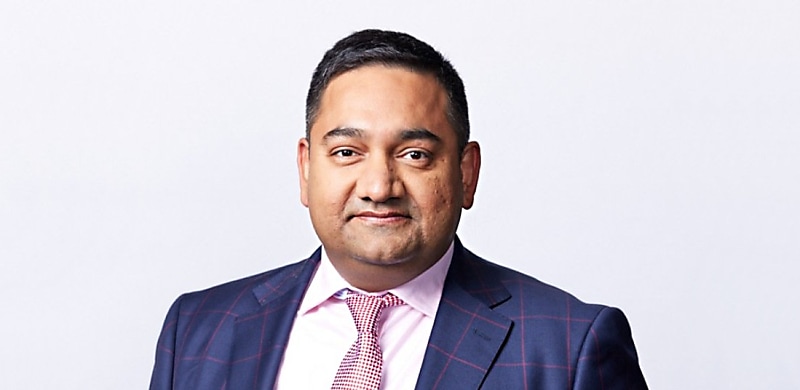
Specialist business finance could be crucial as the Tax Office has revealed it will look to collect approximately $4 billion owed by 40,000 businesses.
The Australian Tax Office (ATO) has signalled its intention to crack down on businesses using the ATO as a “low-interest loan facility”.
Speaking last week (7 September), ATO Deputy Commissioner Vivek Chaudhary stated remissions on interest charges and penalties would become the exception rather than the rule.
Mr Chaudhary singled out small businesses as being responsible for $33 billion of the $45 billion of collectable debt owed by companies, with the Tax Office taking a stance as debt has surged by 89 per cent to $50.2 billion over the past four years.
He said: “Through the pandemic we shifted our focus from debt collection to stimulus payments and assistance with tax, but it is now time to re-establish the culture of paying tax on time.
“Businesses appear to be de-prioritising payment of tax and super when they should be provisioning for these bills like they would with any other business expenses … businesses are waiting for us to contact them, rather than taking early actions to pay.”
The increased action from the ATO in following up on businesses with debts is yet another stress factor for owners and managers of small businesses.
Speaking to The Adviser earlier in the year, managing director and finance broker at Professional Lending Solutions, Phil Verheijen, said the cruisy experience with the Tax Office that many enjoyed during the pandemic was well and truly over.
Mr Verheijen said: “The amount of inquiries I’m having for people to try and clear that because the ATO is now coming down hard.
“They’re starting to garnish, which means they can actually take your money out of your bank account to get what they’re owed.”
For brokers with small-business clients, it is important to reach out and educate them on what the tax debt could mean moving forward.
He stated: “You need to deal with this before it becomes a problem.
“If we go to a major bank and try to apply for business finance, and there’s tax debt, 99 times out of 100 it’s a no.
“The (majors) won’t give you business finance, if you owe money to the ATO.”
Mr Verheijen added specialist and non-traditional lenders can provide help for those needing finance to pay off ATO debt.
He said: “Where we can help is a lot of our non-traditional lenders, non-conforming, second-tiers specialise in clearing that up.”
Speaking to The Adviser before the free SME Broker Bootcamp, Accendo Financial partner Stuart Donaldson highlighted how private lending could provide alternative options to brokers with a diversified brokerage model.
Mr Donaldson stated: “If brokers have small-to-medium enterprises (SME) clients with financing needs that mainstream lenders cannot fulfil, they can talk to a private lender instead of walking away from the deal and letting one of their competitors swoop in under them.
“The broker is the driver of the relationship. They are the ones who find the solution for the client. If they don’t pursue alternative solutions, they become more vulnerable.”
ATO Commissioner Chris Jordan said: “It’s not fair for businesses with large outstanding debts to continue to use the ATO as a low-interest loan facility.
“It is now time to re-establish the culture of paying tax on time … we need to bring collectable debt down for the benefit of the Australian community.”
[Related: The SME paradox]
